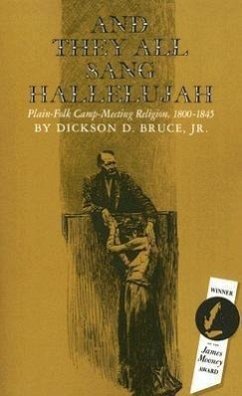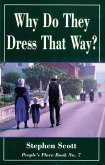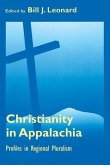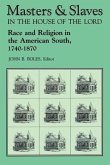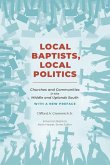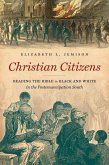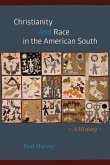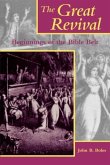Winner of the James Mooney Award from the Southern Anthropological Society. For many years, the camp-meeting religion that flourished along the American frontier in the nineteenth century was seen from rather narrow perspectives. To many scholars, the camp-meetings were mainly a social outlet on which was imposed a thin veneer of religion. Others, viewing the annual gatherings as dawn-to-dusk shouting, emphasized emotionalism to the exclusion of religious convictions. Still other misconceptions arose from lack of understanding of this unique southern phenomenon: that the camp-meetings were largely unplanned and varied markedly from place to place; that they were dominated by the traditional Methodist and Baptist versions of Christianity; that they were officially approved by these or other denominations; and that the camp-meetings were "transplants" that grew vigorously on soil already widely cultivated for religion. Professor Dickson D. Bruce Jr. here presents a challenging reinterpretation of the subject. Eschewing any single, simplistic view, he combines approaches from history, social anthropology, and folklore to see more clearly camp-meeting religion itself and the camp-meeting as a part of antebellum southern life. In so doing, he provided a model for many future studies.
Hinweis: Dieser Artikel kann nur an eine deutsche Lieferadresse ausgeliefert werden.
Hinweis: Dieser Artikel kann nur an eine deutsche Lieferadresse ausgeliefert werden.

